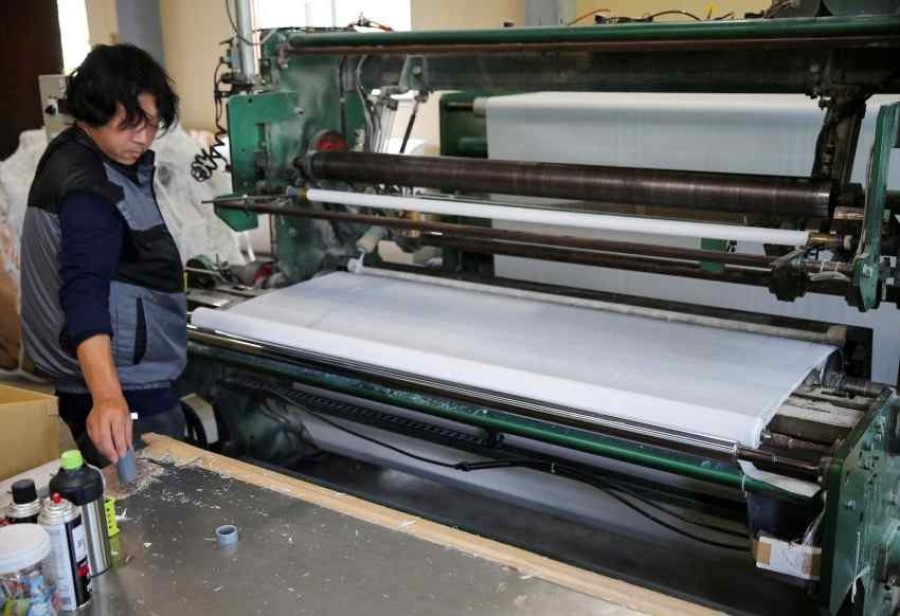Worker crunch piles pressure on small-town Japan

Over the last decade, Masato Shiota brought his papermaking business back from the brink, paying down debt and buying machinery to automate some production. But he struggles to find workers to keep output at full capacity.
"We have three machines but only have two running on any day," said Shiota, president of Wako Seishi, which produces tissues, disinfectant wipes and toilet paper in Ino, a town in Kochi Prefecture, known for its paper industry.
In the first half of this year, a record 182 companies went under because of worker shortages, according to research firm Teikoku Databank, up 66% on a year earlier. Overall bankruptcies look set to surpass 10,000 this year, the highest since 2013, data from Tokyo Shoko Research showed this month.
While labor shortage-related bankruptcies are a small portion of the total, the surge will ripple through to these companies' suppliers and customers, potentially causing a "chain of bankruptcies or mergers", according to Takayasu Otomo, a researcher at Teikoku Databank.
Japan in March raised borrowing costs for the first time in 17 years, signalling the world's fourth-largest economy had turned a corner after years of stagnation.
Yet Reuters interviews with 16 people, including business leaders in Ino, industry experts and officials, reveal challenges for Prime Minister Shigeru Ishiba's efforts to revitalize rural economies facing aging and shrinking populations.
While Japan is allowing more underperforming businesses to fail, the accounts suggest the worker shortage is threatening firms that are otherwise robust, including those that have invested in automation and creative hiring.
Japan's Ministry of Economy, Trade and Industry did not respond to questions about the experiences of business owners in Ino.
